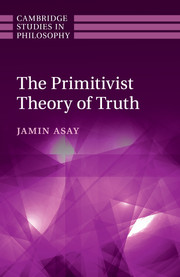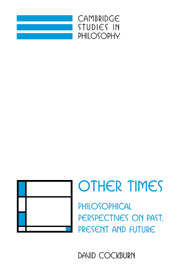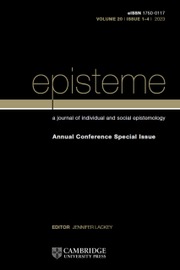Fiction and Metaphysics
This challenging study places fiction squarely at the center of the discussion of metaphysics. Philosophers have traditionally treated fiction as involving a set of narrow problems in logic or the philosophy of language. By contrast Amie Thomasson argues that fiction has far-reaching implications for central problems of metaphysics. The book develops an "artifactual" theory of fiction, whereby fictional characters are abstract artifacts as ordinary as laws or symphonies or works of literature. In taking seriously the work of literary scholars and in citing a wide range of literary examples, this book will interest not only philosophers concerned with metaphysics and the philosophy of language, but also those in literary theory interested in these foundational issues.
- Not just for students of metaphysics - the book contains plenty of literary examples and will interest literary scholars
- Connects the problem of how to understand fictional characters to the general problem of understanding social and cultural objects (e.g. works of art, inventions, computer programs, etc.)
Product details
February 2011Adobe eBook Reader
9780511836497
0 pages
0kg
9 b/w illus.
This ISBN is for an eBook version which is distributed on our behalf by a third party.
Table of Contents
- Introduction: from fiction into metaphysics
- Part I. The Artifactual Theory of Fiction: Foreword
- 1. If we postulated fictional objects, what would they be?
- 2. The nature and varieties of existential dependence
- 3. Fictional characters as abstract artifacts
- 4. Reference to fictional characters
- 5. Identity conditions for fictional characters
- Part II. Ontological Decisions: Foreword
- 6. Fiction and experience
- 7. Fiction and language
- 8. Ontology and categorization
- 9. The perils of false parsimony
- 10. An ontology for a varied world
- Notes
- Bibliography.





